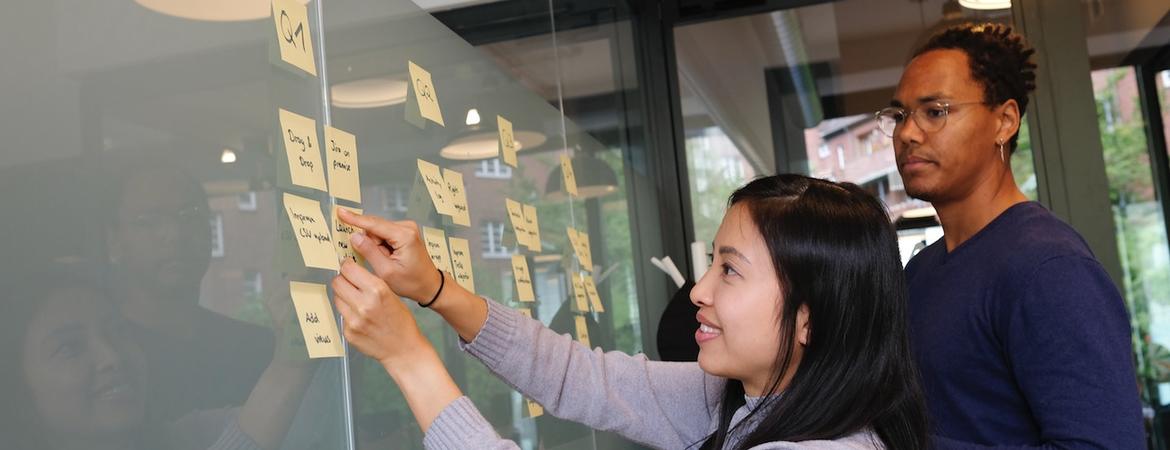
Managers who want to design agile contemporary organizations to solve new problems need to make sure the team has diverse skills, knowledge, and experiences, concludes a new paper by University of California, Riverside and Harvard Business School professors.
Theories of how organizations assign tasks haven’t changed much since the 1960s, when organizations were seen as self-contained bureaucracies and designed around compartmentalized tasks for workers to perform. The focus was squarely on tasks and how those could best be allocated among the staff so as to reduce task interdependence. This approach worked well—and continues to—in situations where the organization faces a clear set of tasks and managers know all the individual tasks to be completed before work starts.
Today’s organizations, however, face increasingly unpredictable workstreams. This is especially true in research and development, where tasks and even the outcome are ill-defined. As a result, the researchers assert the need for workers to co-design: if the tasks are unknown before work starts, employees should create and choose their own tasks.
The researchers, led by Marlo Raveendran, an assistant professor of management at UC Riverside, reviewed 236 articles and several books to assess how the concept of interdependence is influencing organizational design in a world where organizations need to be nimble, self-organizing, and “smarter.”
They found that task interdependence is not the only important determinant of a good organization design. Tasks, knowledge, and goals within an organization depend on each other in various ways. In nimble settings where employees largely design their own tasks, it is important to organize around knowledge instead of tasks. Organizations need to start with the right kinds of knowledge and get the goal interdependence between the employees determined. A manager-imposed task allocation will be less efficient and oftentimes infeasible.
“Organizations need to have people with diverse skills, experiences, and knowledge in the room from the start if they want to get the most out of an interdependent design,” Raveendran said. “You need to make sure the team is diverse enough to design the right kinds of tasks to ensure the organization’s success in an environment where it must adapt quickly to shifts in the market or in society.”
Raveendran was joined in the research by Luciana Silvestri and Ranjay Gulati at Harvard Business School. The paper, “The role of interdependence in the microfoundations of organization design: Task, goal, and knowledge interdependence,” is published in Academy of Management Annals.




